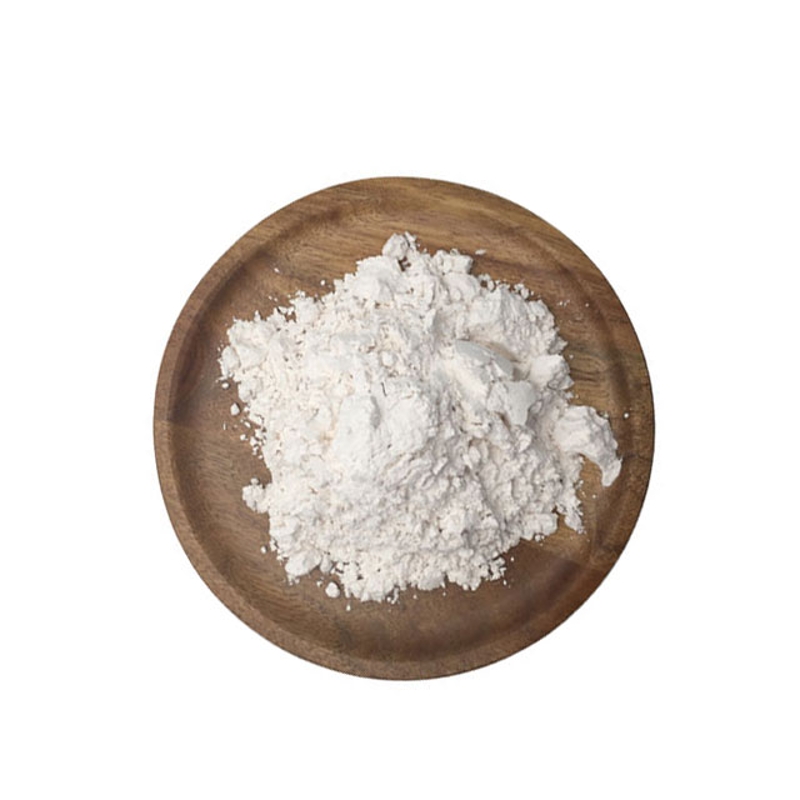-
Categories
-
Pharmaceutical Intermediates
-
Active Pharmaceutical Ingredients
-
Food Additives
- Industrial Coatings
- Agrochemicals
- Dyes and Pigments
- Surfactant
- Flavors and Fragrances
- Chemical Reagents
- Catalyst and Auxiliary
- Natural Products
- Inorganic Chemistry
-
Organic Chemistry
-
Biochemical Engineering
- Analytical Chemistry
- Cosmetic Ingredient
-
Pharmaceutical Intermediates
Promotion
ECHEMI Mall
Wholesale
Weekly Price
Exhibition
News
-
Trade Service
Too much nutrition, lack of physical activity and genetic risk factors together lead to an imbalance between obesity's energy needs and energy consumption.
adipose tissue is a nutrient deposit, but it also actively regulates metabolism by secreting cytokines that alter the microenn environment of the tissue by indulging immune cells to promote inflammation.
, inflammation is the main driver of obesity, insulin resistance and metabolic syndrome.
-inflammatory macrophages are the key to the development of obesity.
, activating the reactive oxygen (ROS) of Fgr tyrosine kinase also contributes to obesity.
A recent study published in Nature Metabolism by researchers from the National Cardiovascular Research Centre in Madrid, Spain, revealed that mitochondrial ROS-Fgr kinases are key regulatory axes for macrophage activity of inflammatory adipose tissue, diet-induced obesity, insulin resistance, and liver fat degeneration.
In particular, when macrophages from wild types (WTs) and Fgr-lacking mouse bone marrow sources were cultured overnight in the presence of lipid polysaccharides (LPS) or interferon-gamma (IFN-gamma) plus lipid polysaccharides, the researchers found that lack of Fgr weakened M1-like polarization.
because ROS is the main activator of Fgr9, the researchers measured ROS in macrophages.
note that in the presence of general or mitochondrial-specific ROS scides, the polarization of WT macrophages decreases, simulating the absence of Fgr.
further studies have shown that the innate stimulation of macrophages leads to the production of mitochondrial ROS, which activates Fgr kinase, which regulates the activity of complex II, thereby regulating the polarization of macrophages.
addition, the synthesis of triglycerides and the formation of fat droplets are necessary for inflammatory macrophage function and the production of inflammatory cytokines.
Fgr deficiency prevented the inflammatory M1 polarization of bone marrow-sourced macrophages, and after 10 weeks of feeding WT and Fgr-deficiency mice on a high-fat diet, the researchers found that mice lacking Fgr consistently gained much less weight than the same gene control group.
, both genes and dietary types have an effect on insulin tolerance, with mice without Fgr showing lower levels of base insulin and C peptides, and having a normal insulin release curve, indicating better glucose metabolism in animals lacking Fgr.
addition to the fact that mice without Fgr can fight HDD-induced obesity, high-fat diet feeding is also associated with the development of the coronary structure of white adipose tissue and liver fat degeneration.
mice fed a standard or high-fat diet had lower circulating triglycerides, total cholesterol and HDL cholesterol than the same gene control group.
results suggest that Fgr-missing mice eliminate overnutrition without promoting fat production.
note that in Fgr-missing mice, excess metabolites produced by increased oxidation of fatty acids were excreted in the form of ketones through urine.
Lack of Fgr prevents liver fat degeneration by increasing the oxidation of fatty acids in a high-fat diet Further studies have shown that the lack of Fgr in bone marrow-derived cells is sufficient to reduce weight, improve glucose tolerance, reduce insulin release, and reduce liver fat degeneration.
In animal experiments, the metabolic ideotypes induced by a high-fat diet were supplemented with ROS scrides similar to those caused by the absence of Fgr in wild mice, including lower weight gain, better glucose tolerance, and reduced insulin levels.
, these results suggest that mitochondrial ROS-Fgr axis is critical to the inflammatory response of immune cells to a high-fat diet, thereby regulating the development of obesity.
, it can be used as a potential target for inflammatory macrophage activation regulation to reduce inflammation-driven obesity and other harmful processes.
.







